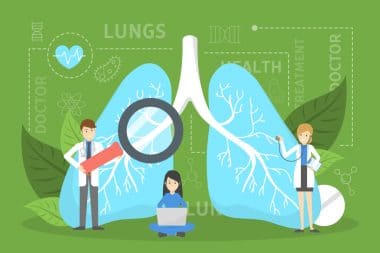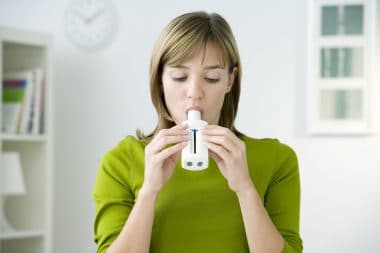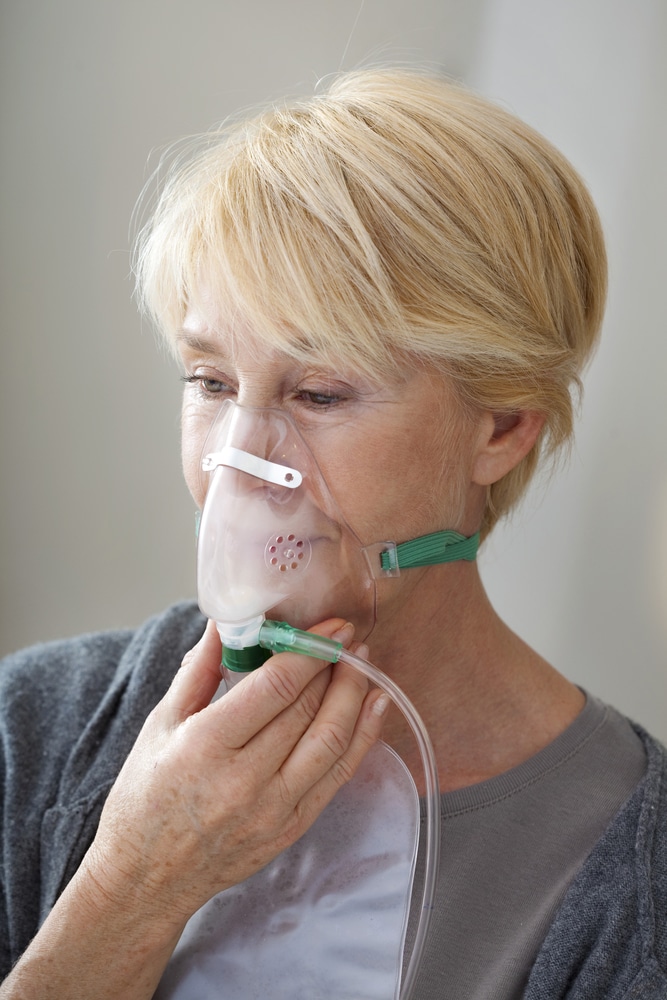Pollen allergy
People suffering from pollen allergies and asthma triggered by pollen dread the arrival of spring, as it is their most dreaded time. As the plants and trees start blooming, they release pollen, the most common allergy trigger. According to the research conducted by scientists from the New York University School of Medicine, in 2009, ragweed was present in the air almost two weeks longer than in 2005 and whole month longer in Wisconsin and other parts above 44 parallel.
Longer and stronger
The same research, lead by Dr Clifford Bassett, found that pollen is not only present longer, but that its proteins are more powerful and its effects stronger. Longer pollen season is particularly significant to asthma sufferers, since many types of this condition are linked to pollen.
Get prepared
Most communities are closely following pollen season, since it affects more than 35 million Americans. If you suffer from the pollen allergy, check the worst pollen days for your area at the pollen map and avoid going outdoors on those days if not necessary. Try to avoid crucial pollination time ” “ between 5 and 9 in the morning, and wear a face mask if you cannot avoid being outdoors. Get a good air filter for your home, and talk to your doctor if your allergy medicine is not working well.






Reply